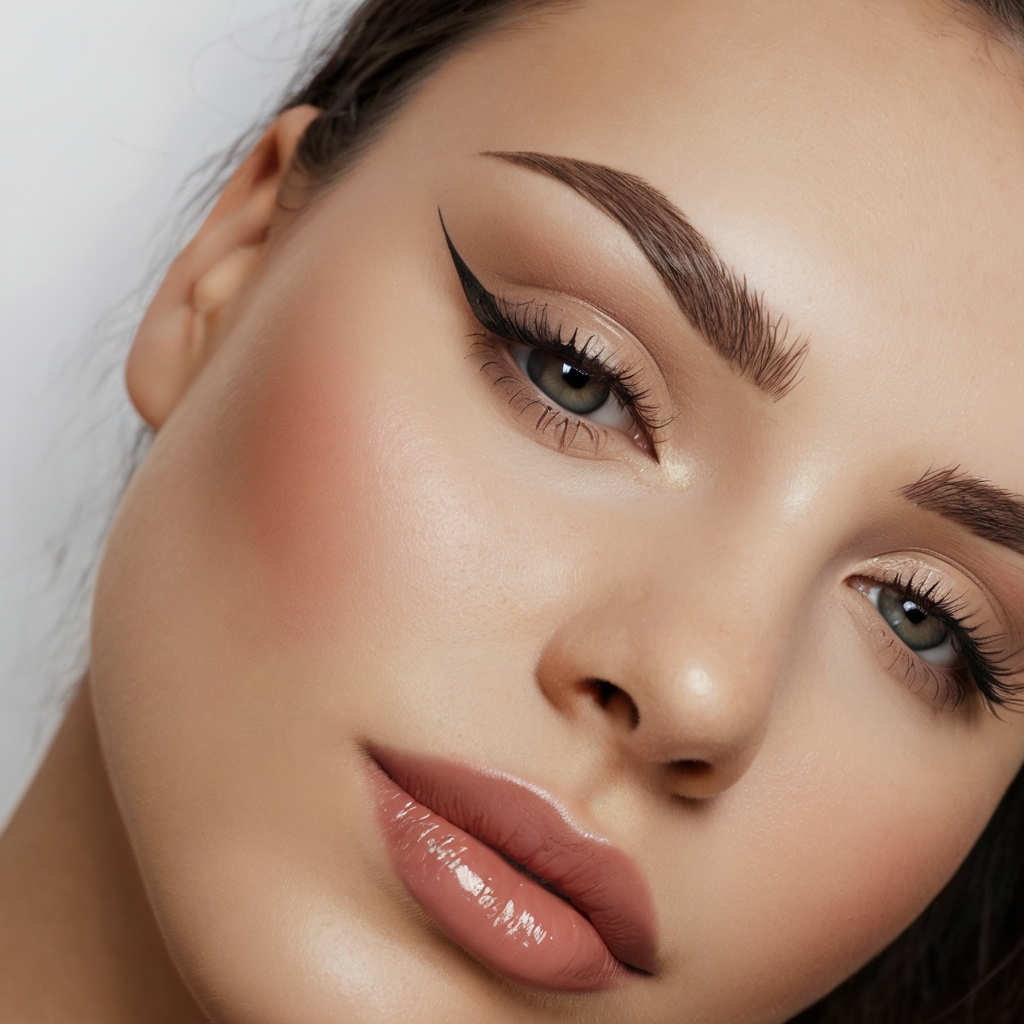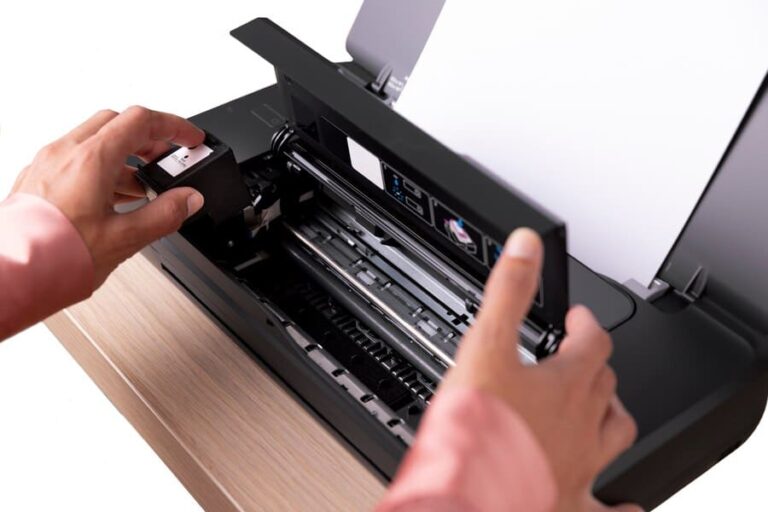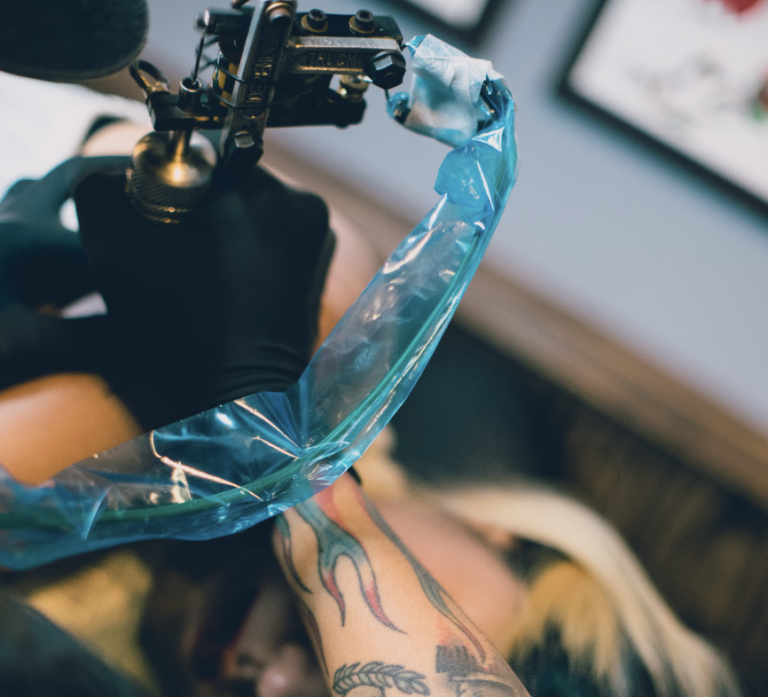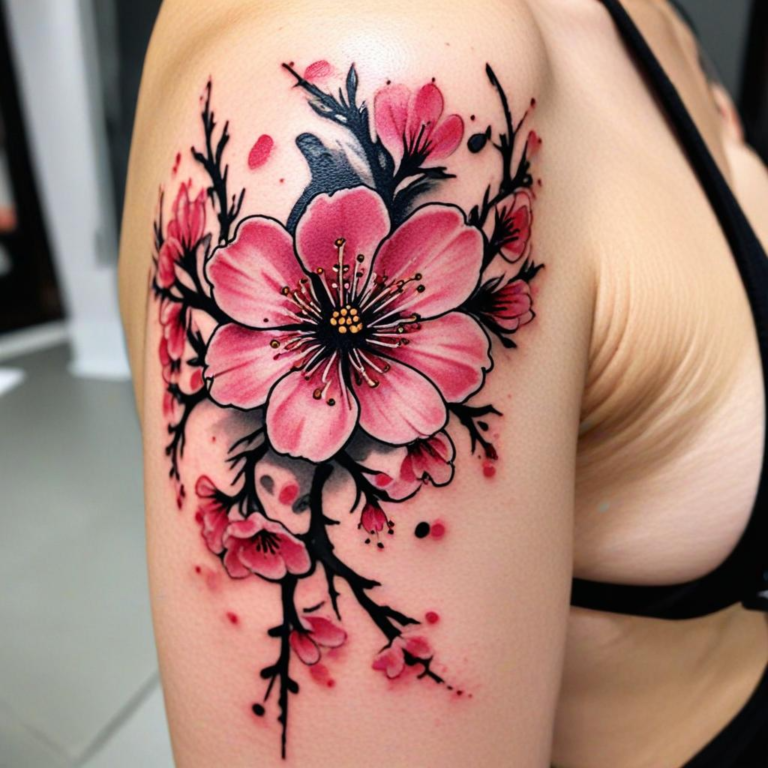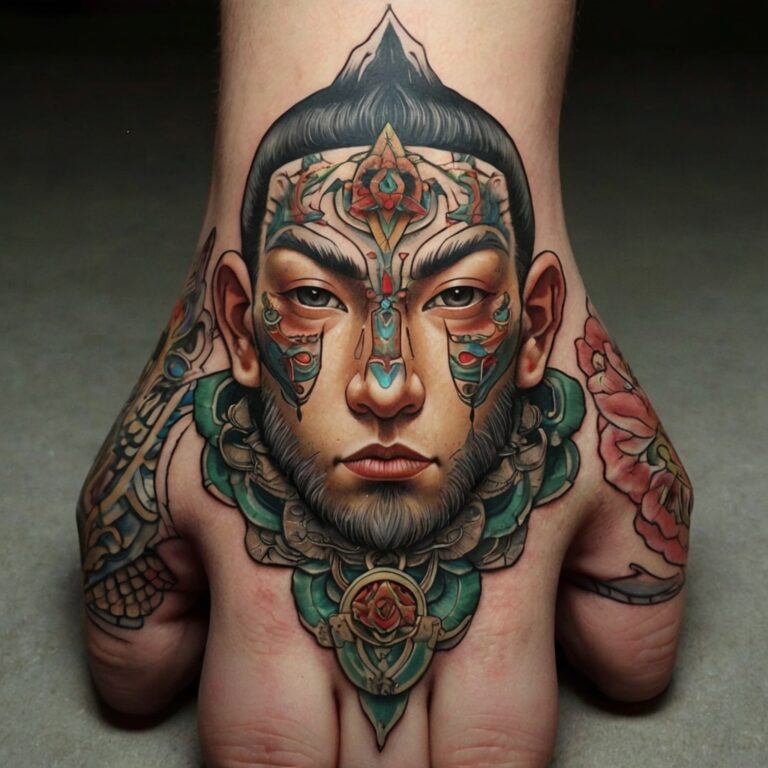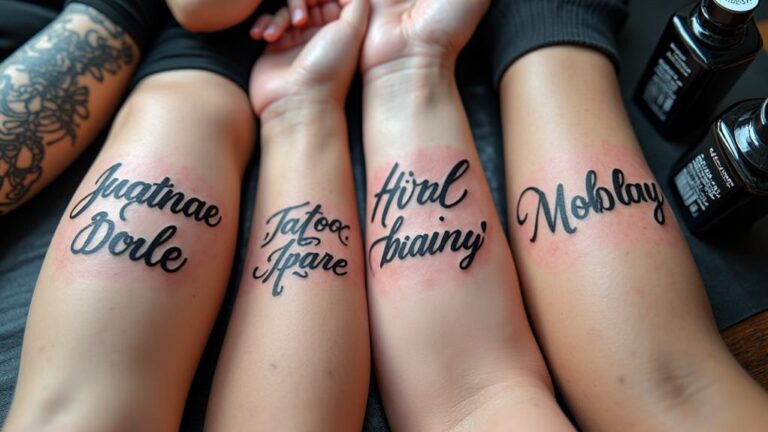Key Takeaways
- Definition and Scope: A PMU artist (Permanent Makeup artist) specializes in applying cosmetic tattoos to enhance features such as eyebrows, eyeliner, and lips, offering a long-lasting alternative to traditional makeup.
- Core Techniques: Popular procedures include microblading, eyebrow tattoos, lip blushing, and eyeliner tattoos, each designed to create natural and durable results.
- Essential Skills: Key skills for PMU artists include artistic precision, knowledge of color theory, understanding of skin types, and proficiency in various pigmentation techniques.
- Training and Certification: PMU artists undergo specialized training and certification programs, which may include hands-on workshops, extended courses, and online modules to ensure competency and adhere to industry standards.
- Career Pathways: Career opportunities for PMU artists include starting an independent business or working in cosmetic and medical settings, providing diverse client services and potential for financial and professional growth.
Understanding the Term PMU Artist
Permanent Makeup (PMU) involves cosmetic tattooing to enhance facial features. A PMU artist specializes in applying these tattoos, offering a long-lasting alternative to traditional makeup.
What Does PMU Stand For?
PMU stands for Permanent Makeup. This term specifically refers to cosmetic tattoos that simulate makeup. Techniques include microblading for eyebrows, eyeliner tattoos, and lip coloring. Each PMU artist uses pigments designed for facial skin to create natural-looking enhancements.
The Role of a PMU Artist
A PMU artist provides cosmetic tattooing services to enhance facial aesthetics. They consult with clients to understand the desired look before performing the procedure. Skills required include precision, an eye for aesthetics, and proficiency with various pigmentation techniques. The goal is to offer clients durable, natural results, reducing or eliminating the need for daily makeup.
Required Skills for PMU Artists
Permanent Makeup (PMU) artists specialize in applying cosmetic tattoos like microblading, eyeliner tattoos, and lip coloring. Using pigments designed for facial skin, PMU artists create natural enhancements, offering long-lasting results that simplify beauty routines. Now, let’s explore the essential skills for PMU artists.
Artistic Skills and Precision
You’ll need strong artistic skills and precision to excel as a PMU artist. Every line and stroke must be deliberate and accurate. Fine motor skills are crucial when working on small, delicate areas like eyebrows and lips. Mastery in creating symmetrical and aesthetically pleasing designs ensures client satisfaction.
Understanding of Color Theory and Skin Types
A thorough understanding of color theory and skin types is essential. PMU artists must know how different pigments interact with various skin tones to achieve natural results. Knowledge of undertones, melanin levels, and how pigments may change over time helps in selecting the right colors for each client. This expertise ensures long-lasting and satisfactory outcomes.
Training and Certification for PMU Artists
A PMU (Permanent Makeup) artist applies cosmetic tattoos to enhance facial features like eyebrows, eyeliner, and lips. They use specialized pigments to create lasting, natural-looking results.
Types of PMU Training Programs
Training programs for PMU artists vary in format and depth. Short-term workshops, extended courses, and online modules are common options.
- Workshops: Intensive sessions, lasting a few days to a week, provide hands-on practice and basic techniques.
- Extended Courses: Comprehensive programs, ranging from a few weeks to several months, cover advanced skills, safety standards, and color theory.
- Online Modules: Flexible, self-paced courses offer theoretical knowledge, video demonstrations, and virtual support.
Certification Processes and Importance
Certification for PMU artists ensures competency and adherence to industry standards. Authorities like the Society of Permanent Cosmetic Professionals (SPCP) and the American Academy of Micropigmentation (AAM) oversee certification.
- Written Exam: Tests knowledge of theory, safety, and technical skills.
- Practical Exam: Assesses hands-on ability to perform PMU procedures accurately and safely.
- Ongoing Education: Requires continuous learning to maintain certification and stay updated on new techniques and regulations.
Certification validates your skills, builds client trust, and enhances professional credibility.
Popular Procedures by PMP Artists
PMU artists, or Permanent Makeup artists, specialize in applying cosmetic tattoos to enhance facial features. They use specialized pigments to create lasting, natural-looking results.
Microblading and Eyebrow Tattoos
Microblading involves creating fine, hair-like strokes on the eyebrow with a manual tool. This method provides a more natural look and is ideal for filling in sparse brows. The pigments used match your natural brow color, giving a seamless appearance.
Eyebrow tattoos, done with a machine, offer a more defined and solid look. This technique suits those wanting a more dramatic brow. Both methods last between 12-18 months, requiring touch-ups to maintain the desired look.
Lip Blushing and Eyeliner
Lip blushing enhances the lip color and contour by depositing pigments into the lips. This procedure improves lip symmetry, giving a fuller appearance. It lasts around 2-3 years, with touch-ups helping maintain vibrancy.
Eyeliner tattoos involve applying pigment along the lash line to create a defined look. Options range from subtle enhancement to more pronounced lines. This procedure saves time on daily makeup application and stays intact for 1-3 years, depending on skin type and lifestyle.
Career Pathways for PMU Artists
Permanent Makeup (PMU) refers to cosmetic tattooing procedures that enhance or replicate natural features such as eyebrows, lips, and eyeliner. PMU artists use specialized techniques to apply pigments into the skin, creating long-lasting effects. If you’re interested in this profession, several career pathways are available.
Starting Your Own PMU Business
Starting your own PMU business offers autonomy and potential financial rewards. Initially, you’ll need to acquire proper licensing and certifications. Different states have varying regulations, so ensure compliance with local laws. Invest in quality equipment and products to maintain high standards. Building a portfolio showcasing your work can attract clients. Marketing through social media platforms can help reach a larger audience. Networking with other beauty professionals can also lead to valuable referrals.
Working in Cosmetic or Medical Settings
PMU artists can work in various settings, including cosmetic salons and medical offices. In cosmetic settings, collaboration with aestheticians and salon owners can provide integrated services to clients seeking beauty enhancements. Medical settings may involve working with dermatologists and plastic surgeons. In these environments, PMU artists often assist patients recovering from medical conditions like alopecia or undergoing reconstructive procedures post-surgery. Both settings offer opportunities for continuous skill development and reaching a diverse clientele.
Choosing a career pathway as a PMU artist requires considering your professional goals and preferences. Whether starting your own business or working in established settings, each path offers unique opportunities and challenges. Use your skills to enhance clients’ confidence and well-being.
Conclusion
Becoming a PMU artist offers a rewarding and dynamic career path with numerous opportunities. Whether you’re drawn to microblading, lip blushing, or other specialized procedures, your skills and credentials will set you apart. Remember to stay compliant with local regulations and continually update your portfolio to showcase your expertise. Effective marketing and networking are crucial for attracting clients and growing your business. By aligning your professional goals with your career choices, you’ll be well on your way to success in the thriving field of permanent makeup.
Frequently Asked Questions
What are the training requirements for becoming a PMU artist?
To become a PMU artist, you typically need to complete specialized training programs that cover both theoretical and practical aspects. This training often includes courses on safety, sanitation, and techniques such as microblading and lip blushing.
Why are certifications important for PMU artists?
Certifications validate your skills and knowledge, making you more credible in the eyes of clients and employers. They also ensure you meet industry standards, enhancing the quality and safety of your services.
What is microblading?
Microblading is a semi-permanent tattoo technique used to create the appearance of fuller eyebrows. The procedure involves using a specialized tool to implant pigment into the skin.
How does lip blushing work?
Lip blushing is a cosmetic tattooing procedure that enhances the natural color and shape of the lips. It involves the use of specialized pigments to achieve a long-lasting, natural look.
Are touch-ups necessary for PMU procedures?
Yes, touch-ups are typically recommended to maintain the desired look, as pigments can fade over time. The frequency of touch-ups varies depending on the procedure and individual skin type.
What career pathways are available for PMU artists?
PMU artists can start their own businesses, work in cosmetic clinics, or find opportunities in medical settings. Each pathway offers unique opportunities and challenges.
Why is compliance with local regulations important?
Compliance with local regulations ensures that you operate legally and adhere to safety and sanitation standards, protecting both yourself and your clients.
How can a PMU artist build a strong portfolio?
A strong portfolio can be built by showcasing a variety of your best work, obtaining client testimonials, and keeping high-quality photos of your procedures.
What are effective marketing strategies for PMU artists?
Effective marketing strategies include having an active social media presence, offering promotions, and collaborating with influencers or local businesses to reach a broader audience.
How important is networking for PMU artists?
Networking is crucial as it helps you connect with other professionals, learn about new opportunities, and attract potential clients. It can also lead to valuable collaborations and business partnerships.

